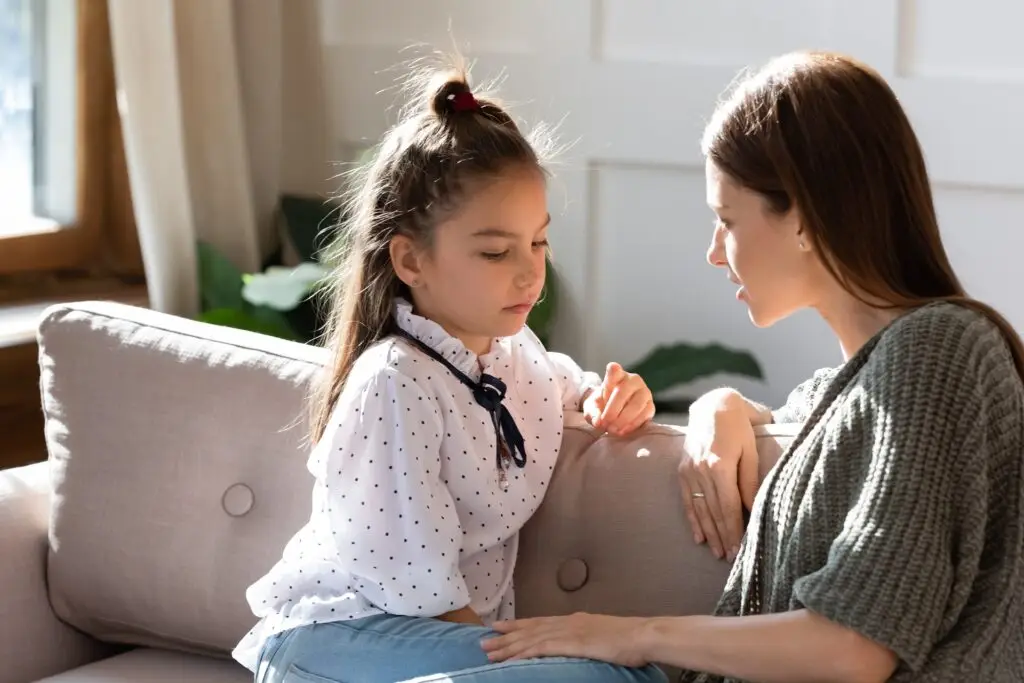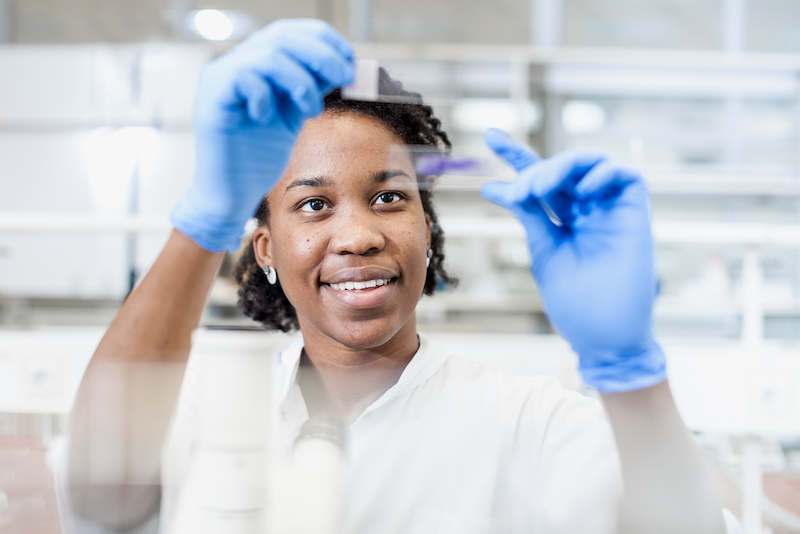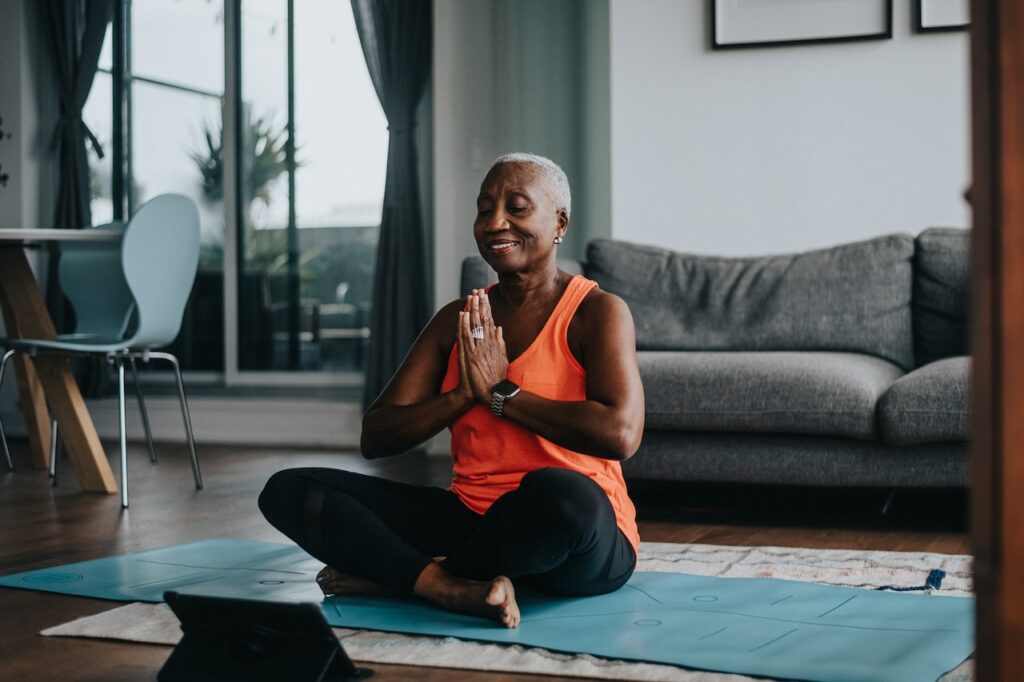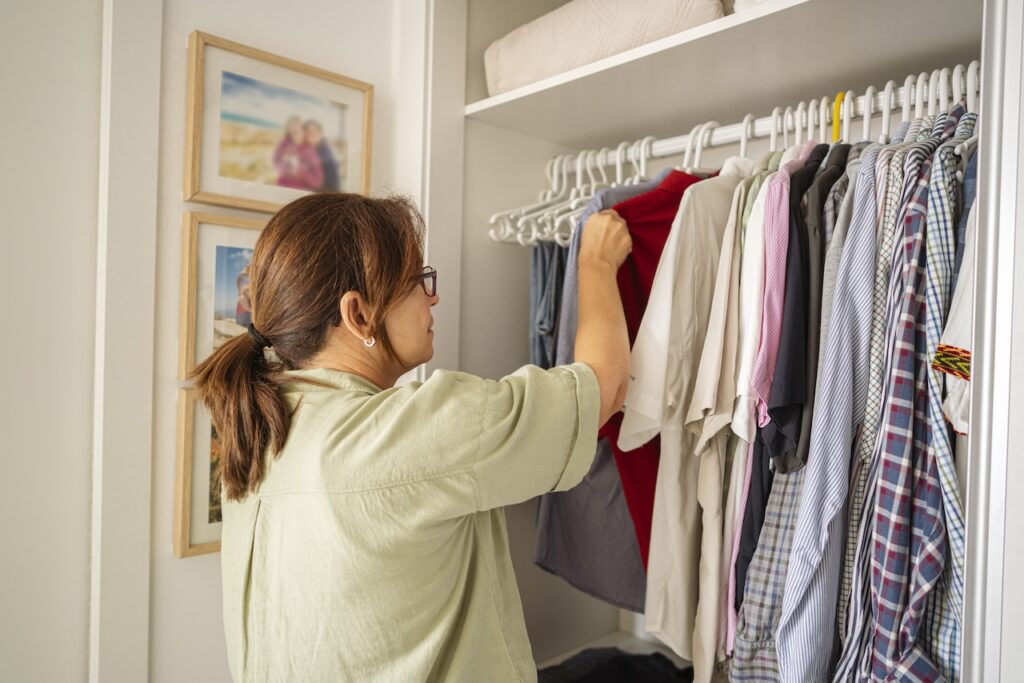Guide To Talking To Children About Cancer Diagnosis
Talking to kids about cancer can be one of the hardest things a parent or caregiver faces, but being open and honest is key to helping them cope. In this Q&A, we’re honored to connect with Kelsey Mora, a dual Certified Child Life Specialist and Licensed Clinical Professional Counselor and creator of The Dot Methodⓒ, to share insights on how to navigate these difficult conversations.
Kelsey’s passion for child life work began at 16 after losing a close friend to leukemia and volunteering at the hospital where he was treated. She earned her two Bachelor’s degrees in Child Psychology and Spanish Studies, followed by nearly a decade as a Child Life Specialist, supporting families in critical moments. Kelsey also pursued a Master’s degree in Counseling Psychology, using her expertise to help families cope with illness, trauma, and grief in the context of medical experiences.
Kelsey serves as Chief Clinical Officer of Pickles Group, a nonprofit that provides free peer-to-peer support for kids and teens impacted by a caregiver’s cancer. At Pickles Group, she designs curriculum and activities for kids and teens who have a parent with cancer and creates content to train parents, volunteers, and clinicians on this important topic.
If you’re looking for guidance on how to support children through a loved one’s cancer diagnosis, the questions below offer a helpful framework for those conversations.
1) What are some general guidelines for initiating a conversation about cancer with children?
I recommend starting with what kids “need to know,” meaning the things they will experience or observe. This often leads to what they “want to know” in terms of what they share and ask about.
I’ve created a checklist for having difficult conversations with children, which includes assessing a child’s current understanding, choosing the best time and place, using an age-appropriate version of the truth, incorporating tools and resources, and following up in response to their needs and questions. It also includes a valuable resource to help parents and caregivers reframe their own thoughts and fears when approaching difficult conversations with their children. The checklist is available through my email list.
Evidence-based guidance powered by NCCN Guidelines®
Personalized treatment plans shaped by the latest oncology standards—tailored to your diagnosis.
Get started
View your personalized treatment plan in the Outcomes4Me app
Use your diagnosis to unlock personalized NCCN Guidelines®-aligned recommendations.
Continue in app
At Pickles Group, we’ve created three simple steps for talking to kids and teens about cancer. The tips include: sharing information, sharing expectations, and sharing feelings. They’re applicable not only for an initial diagnosis conversation but all of the conversations throughout cancer.
2) How can parents or caregivers help children process their feelings in a healthy way?
While adults often want to fix things for their kids, cancer is one of those things that doesn’t have a quick or easy solution. Instead, kids are often looking for support. Helping kids process their feelings can start with their trusted caregivers naming their own feelings and modeling healthy coping and expression. This gives kids permission to feel and express a range of emotions.
3) What is The Dot Methodⓒ?
As a child life specialist, I’ve created various methods for delivering specific types of difficult information to children. The first of these methods is The Dot Methodⓒ, which is an interactive hands-on workbook designed to help kids understand cancer and treatment. It’s customizable to address different cancer types, relationships, treatments, and outcomes.
It’s most appropriate for children aged 4-12, however it can be completed with younger and older children and includes a guide for how to use and modify the workbook for different ages.
The Dot Methodⓒ activity has also been incorporated as a group activity for the cancer education and discussion in Pickles Group Connect Over Cancer curriculum-based peer support program.
4) How do you explain complex medical terms like chemotherapy, radiation, and surgery in a child-friendly way?
We want kids to learn that the treatment’s job is to get rid of as many cancer cells as possible. That is true whether it’s chemotherapy, radiation, or surgery. The interactive hands-on workbook walks kids (and their grownups) through learning about healthy cells, cancer cells, and treatment. It also provides kids with a cover-to-cover resource to express and process their feelings and includes discussion about side effects and how to cope with good and difficult days.
Older kids may complete the full workbook in one sitting whereas younger kids may benefit from breaking it up and pacing the activities. The workbook and Family Cancer Support Kit offer a glossary of child-friendly cancer terms to help create a shared language between kids and adults, which can be critical to helping kids understand what’s happening to their loved one.
Cancer care guidance for every step of your journey
Get treatment options, clinical trials, and support tailored to your diagnosis--all in one place.
Get started
See treatment options, manage symptoms, and stay informed—all in the app
View treatment options and trials personalized to your diagnosis—plus track progress in real time.
Continue in app
5) Should you tell children about the possibility of side effects or complications, and if so, how can this topic be approached?
It’s helpful to prepare kids for expectations when possible and those conversations can come later once a shared understanding about cancer has been established. If the overall concept of cancer has already been discussed, the subsequent conversations about side effects or complications may come up more organically because it will be an extension or a continuation of what they already know and understand.
Consider having “bite-sized conversations” throughout the cancer experience and applying these three tips to every discussion: share information, share expectations, and share feelings.
Sometimes parents worry that if they start talking about cancer, it’s all they’ll be talking about with their children. The truth is, when kids start to trust that their caregivers will update them with relevant information as it pertains to them, they feel safe asking questions and can live relatively ‘normally’ in between the ups and downs (or what we call – sweets and sours at Pickles Group).
6) How can you foster open communication so children feel comfortable asking questions or sharing their feelings?
Having age-appropriate, honest conversations helps kids trust that they will be informed and updated. It demonstrates that cancer is an okay topic and provides them with a sense of relief that they don’t have to make sense of things on their own. I always say that just because the ‘adults aren’t talking about cancer doesn’t mean the kids aren’t thinking about or worrying about it.’ And when parents try to protect their children from difficult things, their children are more likely to ‘protect’ their parents by not talking about it either.
Fostering open communication happens when we share information, expectations, and feelings with the impacted kids and teens.
7) Should children be involved in caregiving or supporting a family member with cancer? If so, what are age-appropriate ways to include them?
It’s important for children to be kids while also feeling involved. Giving kids choices about how involved they want to be can be helpful while also prioritizing the things that are important to them (school, peers, activities, hobbies). For example: do they want to visit the hospital or clinic, do they want to make a picture or card, do they want to help their loved one pack their bags?
Some kids may feel a sense of purpose through caregiving actions such as getting their loved one water, spending quality time together, or helping out around the house and/or with their younger siblings; however, every child is different and it’s important that they don’t feel responsible for their loved one’s or family’s well-being.
More importantly, kids benefit from understanding why certain things are different but also continuing to find ways to keep things predictable, consistent, and normal. It can be helpful for parents to find simple (and comfortable) ways to connect with their child even if they are different than before. This could be sitting beside a child and reading or calling out ‘freeze’ when they can’t participate in the running or dancing themself.
8) How can you navigate conversations around a terminal diagnosis? What details are helpful to share and what are not?
Terminal diagnoses can mean a lot of different things. It may mean long-term chronic cancer with uncertain outcomes or it may mean an end-of-life conversation. Each situation is going to be unique but the conversations can be easier to approach when a shared language and understanding has already been established about cancer cells and treatment.
In this case, the conversations can build on what has already been discussed. The same tips apply to this difficult conversation – most importantly giving an age-appropriate version of the truth. If you’d like more information, this post provides a more in-depth framework on how to guide the discussion.
For more resources on how to work through these tough topics, follow Kelsey on Instagram or contact her directly for professional guidance.
For an extensive list of resources including different children’s books about cancer and death curated by Kelsey, click here. You can also visit Pickles Group to request a free Family Cancer Support Kit, attend hosted webinars, explore additional resources on how to talk to kids about cancer, and enroll your child in youth programming for kids impacted by their parent’s cancer.
___________________________________________________________________________________________
Download the Outcomes4Me app for tips and resources about how to navigate your cancer care with confidence.
*When you purchase from a link on this page, we may receive a small affiliate commission.
Personalized support for real care decisions
Understand your diagnosis, explore clinical trials, and track symptoms--all in one place.
Get started
Compare treatments, prepare for appointments, and track side effects—all in the app
Built for your diagnosis, Outcomes4Me gives you the tools to make confident, informed decisions—right when you need them.
Continue in app






